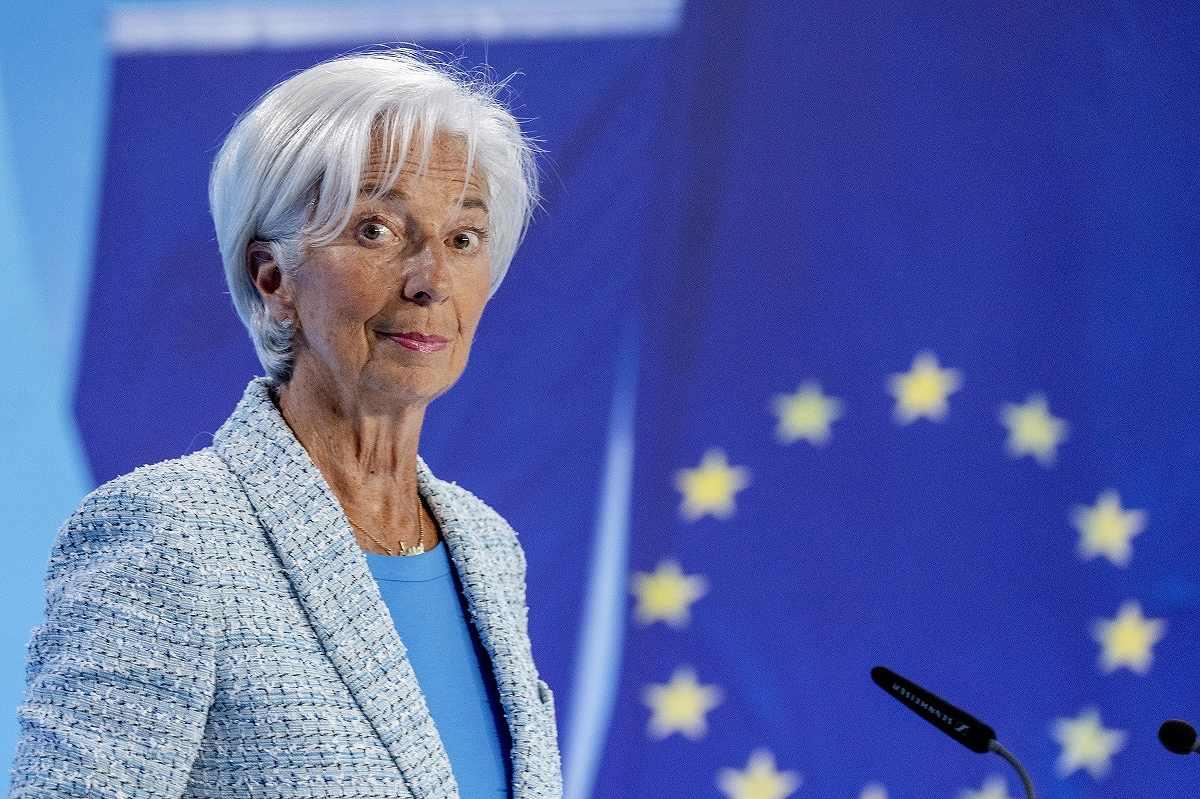The European Central Bank (ECB) has decided to keep its three key interest rates unchanged. This decision was expected, as inflation in the euro area has reached the 2% medium-term target.
According to the Governing Council, incoming economic data is generally consistent with their previous inflation projections. Domestic price pressures continue to decline, supported by more moderate wage growth.
Euro area economy is showing resilience
Despite challenging external conditions and global uncertainty, the euro area economy remains resilient. The Governing Council noted that this resilience is also supported by the ECB's previous rate cuts. However, the external environment remains highly uncertain due to ongoing trade conflicts affecting global markets.

Monetary policy: flexibility and readiness to change
The ECB reaffirmed its commitment to maintaining inflation at 2% over the medium term. Decisions on interest rates will be made one step at a time, at each meeting, taking into account the latest data and risk assessment.
The Governing Council will focus on economic and financial indicators, the dynamics of underlying inflation, and the effectiveness of monetary policy. It is important to emphasize that the ECB is not committed to a preset path for interest rates and remains flexible in its decision-making.
ECB Instruments and Next Steps
Key interest rates remain at the following levels:
- Deposit Rate: 2%
- Main refinancing rate: 2.15%;
- Marginal lending rate: 2.4%.
The asset purchase programs (APP and PEPP) are being gradually phased out as the euro area is no longer reinvesting the proceeds from maturing securities. The ECB confirmed that it stands ready to use all available instruments to ensure the smooth transmission of monetary policy.
The Transmission Protection Instrument (TPI) was mentioned specifically. It allows for a rapid response to destabilizing market fluctuations and protects the uniformity of monetary policy across euro area countries.
